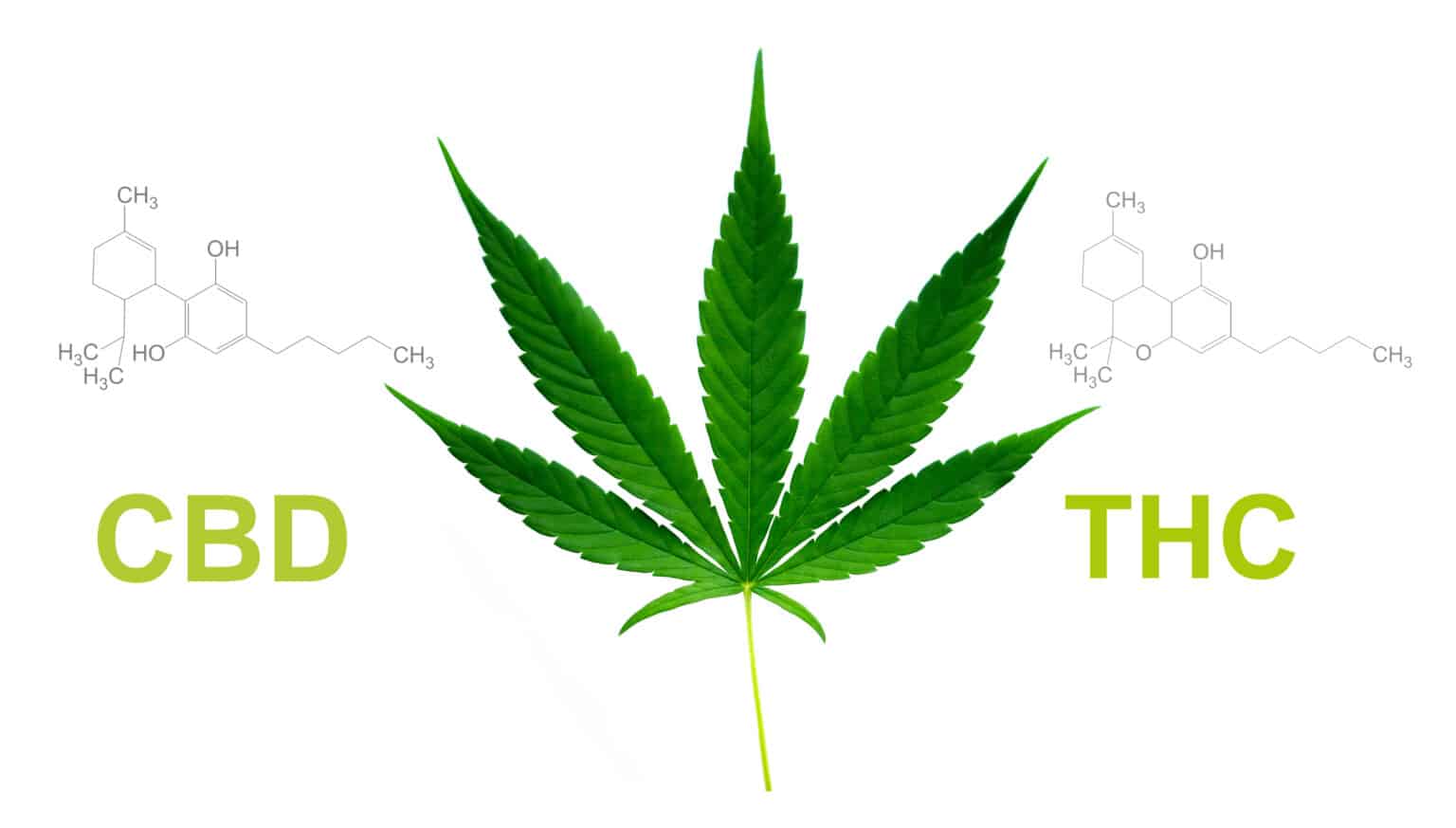Introduction
CBD (cannabidiol) and THC (tetrahydrocannabinol) are two of the most well-known and studied cannabinoids found in cannabis plants. While they come from the same plant family, they have distinct properties and effects on the body. In this comprehensive guide, we will explore the differences between CBD and THC in terms of their chemical structure, psychoactive effects, legality, potential health benefits, and more.
Chemical Structure
CBD and THC have the same molecular formula (C21H30O2), consisting of 21 carbon atoms, 30 hydrogen atoms, and 2 oxygen atoms. However, their chemical structures differ slightly, which results in different interactions with the body’s cannabinoid receptors.
Psychoactive Effects
The most significant difference between CBD and THC lies in their psychoactive properties. THC is the cannabinoid responsible for the euphoric and intoxicating effects often associated with cannabis use. It binds to cannabinoid receptors in the brain, particularly the CB1 receptors, which are responsible for the psychoactive effects.
On the other hand, CBD is non-intoxicating and does not produce a “high” like THC. It does not bind strongly to the CB1 receptors and does not directly produce psychoactive effects. Instead, CBD interacts with various receptors and neurotransmitters in the body, potentially influencing processes such as pain perception, inflammation, and mood.
Legality
The legal status of CBD and THC varies depending on where you are located. In many parts of the world, CBD derived from hemp with less than 0.3% THC is legal, while THC remains heavily regulated and restricted. However, it’s important to research and understand the specific laws and regulations of your jurisdiction regarding CBD and THC.
Potential Health Benefits
Both CBD and THC have shown potential health benefits, although their effects and applications differ:
CBD Potential Benefits:
Pain relief
CBD has analgesic properties and may help alleviate chronic pain and inflammation.
Anxiety and depression
CBD may have calming and anxiolytic effects, potentially helping with anxiety disorders and depression.
Neuroprotective effects
CBD has shown promise in protecting brain cells and potentially reducing the progression of neurodegenerative diseases.
Epilepsy management
CBD has received FDA approval as a treatment for specific types of epilepsy, such as Dravet syndrome and Lennox-Gastaut syndrome.
Sleep improvement
CBD may aid in improving sleep quality and addressing sleep disorders.
THC Potential Benefits
Pain relief
THC is known for its analgesic properties and may help alleviate chronic pain conditions.
Nausea and appetite stimulation
THC can help reduce nausea and increase appetite, making it beneficial for individuals undergoing chemotherapy or with appetite loss.
Muscle spasticity
THC may help reduce muscle spasms and stiffness, particularly in conditions such as multiple sclerosis (MS).
Glaucoma management
THC has been shown to lower intraocular pressure, potentially benefiting individuals with glaucoma.
Side Effects and Safety Considerations
While CBD and THC are generally well-tolerated, they may produce side effects in some individuals. The side effects may include:
CBD Side Effects
- Dry mouth
- Diarrhea
- Fatigue
- Changes in appetite and weight
THC Side Effects
- Euphoria
- Impaired memory and cognition
- Increased heart rate
- Red eyes
- Coordination problems
It’s important to note that the psychoactive effects of THC may impair cognitive and motor functions, affecting activities such as driving or operating machinery. Therefore, caution should be exercised when consuming THC-containing products.
Synergistic Effects: The Entourage Effect
CBD and THC, along with other cannabinoids and terpenes found in cannabis, may work together synergistically in what is known as the entourage effect. This suggests that the combination of various compounds in cannabis may produce greater therapeutic effects compared to isolated cannabinoids alone. The entourage effect highlights the potential benefits of using full-spectrum CBD products, which contain a wide range of cannabinoids and terpenes.
Drug Testing Considerations
It’s important to be aware that both CBD and THC can be detected in drug tests. While CBD itself is not typically screened for in standard drug tests, some CBD products may contain trace amounts of THC, which could result in a positive drug test for THC. If avoiding THC is a concern, it is advisable to choose CBD products that are labeled as THC-free or made with CBD isolate.
Conclusion
CBD and THC are two distinct cannabinoids found in cannabis plants, each with unique properties and potential benefits. While CBD is non-intoxicating and offers a wide range of potential health benefits such as pain relief and anxiety reduction, THC is the psychoactive compound responsible for the “high” associated with cannabis. Understanding the differences between CBD and THC is important when selecting cannabis-based products and considering their potential effects on the body and mind. Whether you’re looking for non-intoxicating relief or seeking specific psychoactive effects, it’s crucial to choose products that align with your goals, preferences, and local regulations.
- HQD Disposable Vapes: Puffing Paradise Unveiled at Podlix - October 7, 2023
- What’S The Difference between CBD and THC? - June 24, 2023

